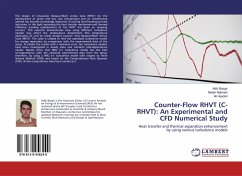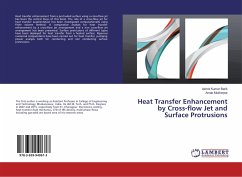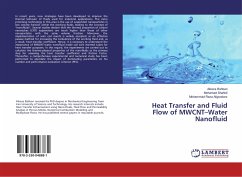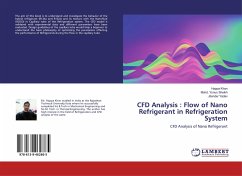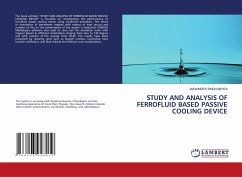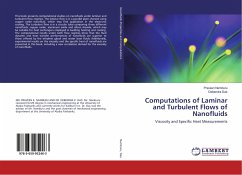The design of innovative Ranque-Hilsch vortex tube (RHVT) for the development of green and low cost refrigeration and air conditioning systems has become increasingly important in cooling (and heating) process industries. In this light improving the heat transfer mechanism and thermal efficiency (cooling optimization) of the RHVT has been an ongoing concern. This research demonstrates how using different turbulence models may affect the temperature detachment (the temperature diminution of cold air inside straight counter- flow Ranque-Hilsch Vortex Tube (RHVT). The code is utilized to find the optimized turbulence model for energy separation by comparison with the experimental data of the setup. To obtain the results with a minimum error, ten turbulence models have been investigated in steady state and transient time-dependence modes. Results show that RNG k- turbulence model has the best correspondence with the obtained experimental data from the setup; therefore, by using a RNGk- turbulence model with respect to Finite Volume Method (FVM) and based on the Computational Fluid Dynamic (CFD), all the computations have been carried out.
Bitte wählen Sie Ihr Anliegen aus.
Rechnungen
Retourenschein anfordern
Bestellstatus
Storno

